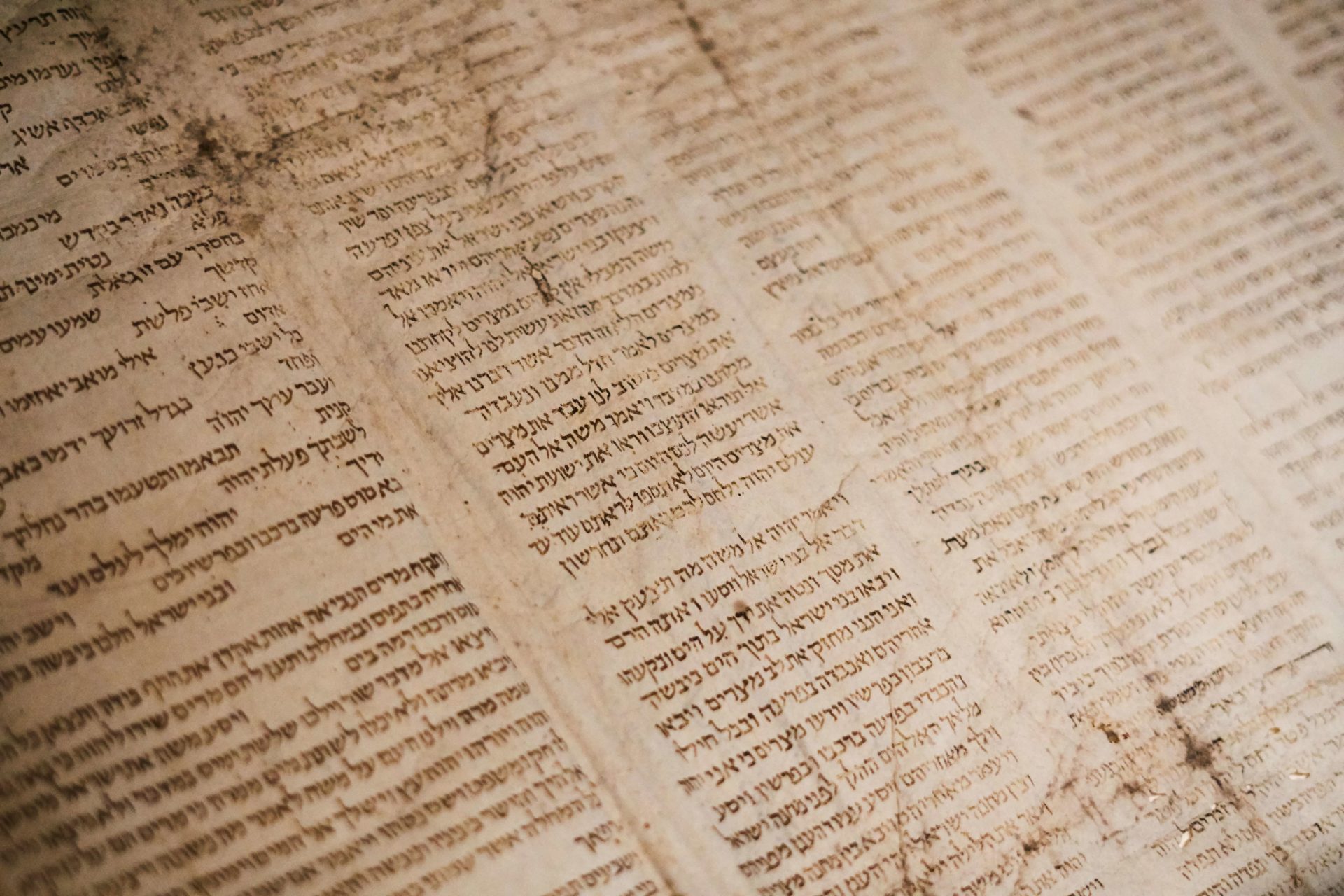Written by: Rabbi Avrohom S. Moller
It Isn’t Easy to Commit
When the Torah discusses the mitzvah of tzedakah-charity, the possuk says, “כי בגלל הדבר הזה” – as a result of this matter (your generosity) Hashem will bless you in all of your endeavors. Rashi quoting the Sifri notes the choice of the word “davar,” which literally means thing or matter, can also mean speech or word. Rashi therefore explains that one is rewarded not only for the charity he does but also for the words he said when he made the commitment. What is the importance of the words; don’t the actions speak much louder than the words?
We can understand this in one of three ways. Firstly, the Torah is teaching us the importance of inspiring others when we do a mitzvah. The Mishna in Avos (5:13) says that one who desires to give and that others should give as well is a chasid, a pious person. Our sages instruct us to publicize those who do a mitzvah in order to inspire others to follow suit. (See Yoma 31a.) This does not contradict the principle of being modest and humble in our service of Hashem if our public participation in a mitzvah is predicated on the intent to get others to join and not for self- aggrandizement.
A second explanation is that making a commitment raises the level of difficulty in doing the mitzvah. Once a pledge is made, we’ve obligated ourselves to do something and that is uncomfortable. Our sages teach us that one who does things because they are obligated gets more reward than one who does things voluntarily beyond what is required of them. This may seem counterintuitive, but it is an important insight into our humanity. We like to be heroes; we don’t like to pay bills. Once we make a commitment, it is harder to stick to it and fulfill what we said.
A third explanation is that when we make a public commitment, we are avoiding the pitfall of cynicism. Often, when people are asked to participate in a worthy cause, they have many reasons to say no. It could be lack of trust of the leadership, non-belief that effort will be successful, feeling that we have a better plan, etc. We are wonderful “armchair quarterbacks” when it comes to communal issues. When we commit to a communal cause, we are avoiding that bad behavior and resisting the cynical response that robs us of communal initiative.
All three of these lessons are helpful when we speak to our children about getting involved. We should do mitzvos with the hope that others will join us. We should make commitments because we become obligated by them, and we should value being part of worthwhile communal endeavors.



